SRINIVAS ARAVAMUDAN is professor of English, the Literature Program, and Romance studies at Duke University. He is the author of two previous books, most recently of Guru English: South Asian Religion in a Cosmopolitan Language (2006), and the editor of two books, most recently of William Earles Obi, or The History of Three-Fingered Jack (2005). His first book, Tropicopolitans: Colonialism and Agency, 16881804, received the Modern Language Associations prize for Outstanding First Book.
The University of Chicago Press, Chicago 60637
The University of Chicago Press, Ltd., London
2012 by The University of Chicago
All rights reserved. Published 2012.
Printed in the United States of America
21 20 19 18 17 16 15 14 13 12 1 2 3 4 5
ISBN-13: 978-0-226-02448-6 (cloth)
ISBN-13: 978-0-226-02449-3 (paper)
ISBN-10: 0-226-02448-2 (cloth)
ISBN-10: 0-226-02449-0 (paper)
ISBN-13: 978-0-226-02450-9 (e-book)
Library of Congress-Cataloging-in-Publication Data
Aravamudan Srinivas.
Enlightenment Orientalism : resisting the rise of the novel / Srinivas
Aravamudan.
p. cm.
Includes bibliographical references and index.
ISBN-13: 978-0-226-02448-6 (cloth : alkaline paper)
ISBN-13: 978-0-226-02449-3 (paperback : alkaline paper)
ISBN-10: 0-226-02448-2 (cloth : alkaline paper)
ISBN-10: 0-226-02449-0 (paperback : alkaline paper) 1. OrientalismEuropeHistory18th century. 2. Orientalism in literature. 3. OrientIn literature. 4. European fiction18th centuryHistory and criticism. 5. Enlightenment Europe. I. Title.
PN56.3.o74a73 2012
809.933585dc23
2011034122
 This paper meets the requirements of ANSI/NISO Z39.481992 (Permanence of Paper).
This paper meets the requirements of ANSI/NISO Z39.481992 (Permanence of Paper).

ENLIGHTENMENT ORIENTALISM

Resisting the Rise of the Novel
SRINIVAS ARAVAMUDAN
THE UNIVERSITY OF CHICAGO PRESS
CHICAGO AND LONDON
FOR RANJI AND NACHIKETA
CONTENTS

FIGURES

ACKNOWLEDGMENTS

I would first like to thank the most crucial colleagues and institutions for their support. Without them a scholarly book of this nature could be barely conceived, let alone be brought to fruition. Nancy Armstrong and Len Tennenhouse invited me to give a talk at Brown University on Eliza Haywoods Adventures of Eovaai more than a decade ago, since which time I have profited immensely from their generosity and friendship, given that they are now my cherished colleagues at Duke University. Subsequently, Paula Backscheider and Catherine Ingrassia convinced me to write an essay on Maranas Lespion turc for their excellent Blackwell anthology on the eighteenth-century novel, and Anthony Strugnell and Frdric Oge invited me to talk about Diderots Les bijoux indiscrets at the Clark Library. Another invitation to the Clark Library came from Felicity Nussbaum and Saree Makdisi, this time to talk about The Arabian Nights and, more specifically, Frances Sheridans The History of Nourjahad. These four invitations, all of which led to dry runs rehearsing different arguments for the book in article form, are probably the most responsible for germinating this book.
The book did have earlier roots: I was shocked to notice on my CV that I gave a talk titled Wresting the Oriental Tale from a National-Realist Canon in 1996 at the ASECS meeting in Austin, Texas, when I remember paying a visit to the Johnson (Lyndon, not Samuel) Presidential Library in the august company of Michael McKeon, with whom, incidentally, during a GEMCS conference, I visited the Dallas Book Depository, from where Lee Harvey Oswald shot John F. Kennedy. I depart considerably from Michaels model for the novel, but his work is an inspiration nonetheless.
Without a doubt, institutional support was also extremely important at crucial stages. I thank the John Carter Brown Library, where I combined a fellowship from the American Council of Learned Societies and the National Endowment for the Humanities in 20067, during which time some early portions of the manuscript began to see the light. A significant push came in August 2008, when I enjoyed a blissfully productive month on the banks of Lake Como, drafting another sixty pages under the auspices of the Bellagio Study Center, run by the Rockefeller Foundation. Over all this time, I thank Duke University for its generous research support and the considerable intellectual exchange with colleagues here, especially Fredric Jameson, Barbara Herrnstein Smith, David Aers, Maureen Quilligan, Alberto Moreiras, Cathy Davidson, Grant Farrel, Charlotte Sussman, Philip Stewart, Miche`le Longino, Marianna Torgovnick, Jennifer Thorn, and Ian Baucom. I would like to thank the many graduate students and undergraduates in my courses around this topic over the years at the University of Utah and the University of Washington, and over the last decade at Duke University. They have inspired me to make a case for the oriental tale, and I hope very much that time will show that I have played some small role in the scholarly directions in which they embarked.
In addition to those mentioned above, I thank the many institutions (and the individuals representing them) that invited me to lecture on the topic of this book and thus allowed me to refine the ideas within it. Of course, many opportunities to present on this topic came my way from the Modern Language Association, the American Society for Eighteenth-Century Studies, and the Group for Early Modern Cultural Studies. I gave individual lectures on the topic of this book (in roughly chronological order) at the Center for Early Modern Studies at the University of California, Santa Barbara; the Department of English at the University of New Hampshire; the Humanities Center at the University of Minnesota; the Center for the Study of the Novel at Stanford University; Academia Sinica in Taiwan; the Department of English at the University of Tennessee, Knoxville; the Center for South Asia Studies at the University of Michigan; the Center for Contemporary Cultural Studies at Rutgers University; the American Council for Learned Societies annual convention in Montreal; the Glasscock Center for the Humanities at Texas A&M University; the Rockefeller Study Center in Bellagio, Italy; the Department of English at the University of Chicago; the Department of English at the University of Maryland, College Park; the Humanities Center at Rice University; the Department of Classics at Dartmouth University; the Department of English at Yale University; the New York University Institute for Advanced Studies at Abu Dhabi; the Department of English at the University of Pennsylvania; the Oxford University English faculty; the Humanities Institute at Portland State University; and the Department of English at Harvard University.
For these invitations and for stimulating conversations and discussions during these visits, I thank Paddy Fumerton, William Warner, Sean Moore, Daniel Brewer, Keya Ganguly, Tim Brennan, Margaret Cohen, Franco Moretti, Hsiung Pingchen, Misty Anderson, John Zomchick, Lee Schlesinger, Michael Warner, Michael McKeon, Jonathan Kramnick, Pauline Yu, Mita Chowdhury, Pilar Palaci, Bruce Ackerman, Bill Brown, Jim Chandler, Leela Gandhi, Laura Rosenthal, Caroline Levander, Betty Joseph, Mimi Kim, David Mazzotta, Margaret Williamson, Phiroze Vasunia, Emily Greenwood, Dan Selden, Nicholas Allen, C. J. Rawson, Annabel Patterson, Jill Campbell, Marina Warner, Gerald MacLean, Donna Landry, Ferial Ghazoul, Laurent Chtel, Suvir Kaul, Ania Loomba, David Kazanjian, Toni Bowers, Ros Ballaster, Ankhi Mukherjee, Leerom Medovoi, Bill Knight, Marjorie Garber, and Leah Price.
Next page
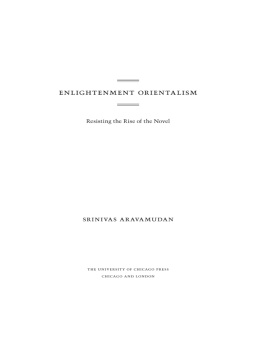

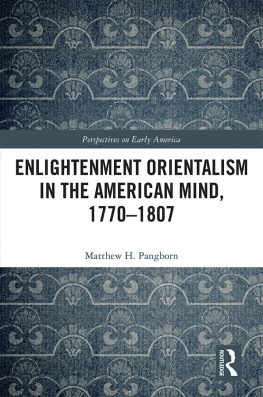

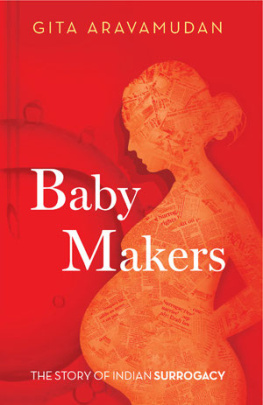
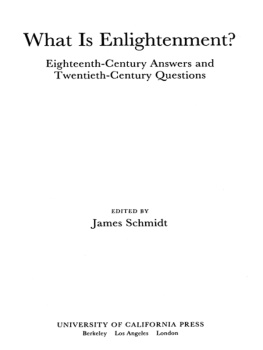
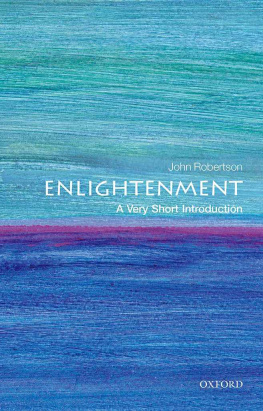
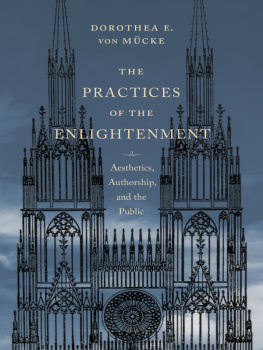
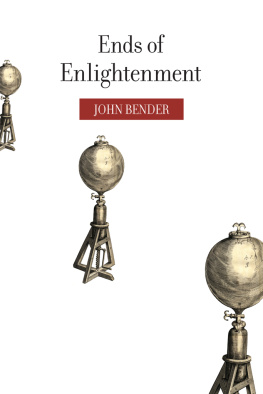
 This paper meets the requirements of ANSI/NISO Z39.481992 (Permanence of Paper).
This paper meets the requirements of ANSI/NISO Z39.481992 (Permanence of Paper).



